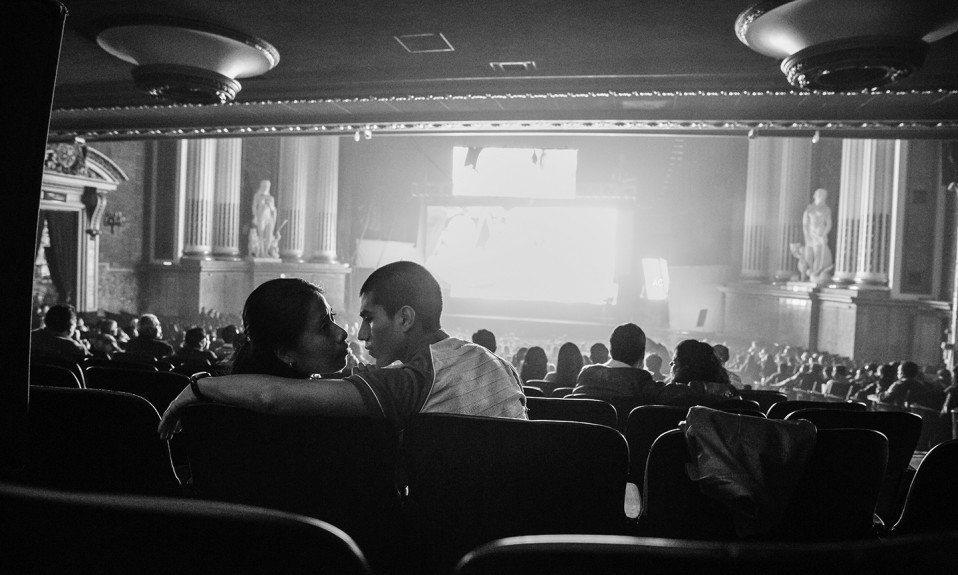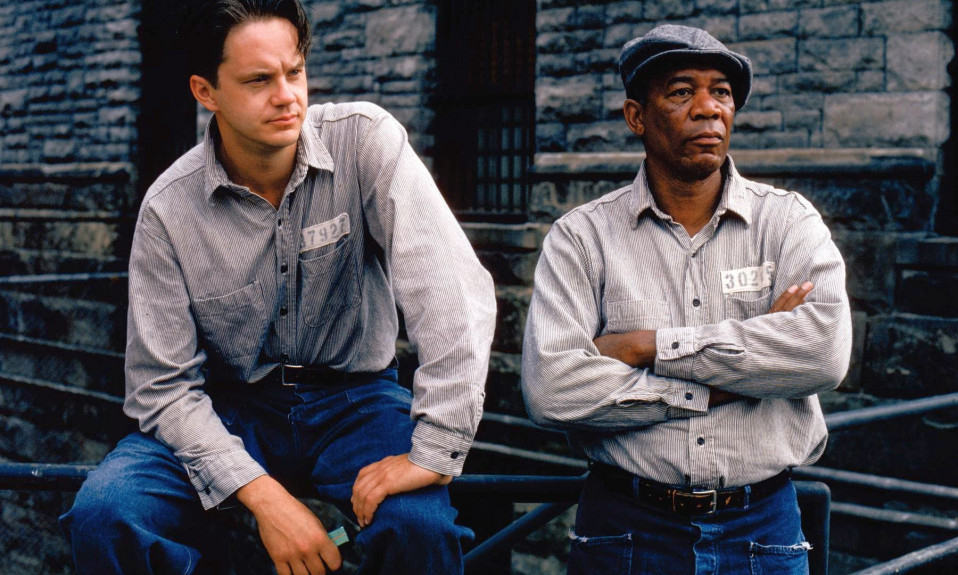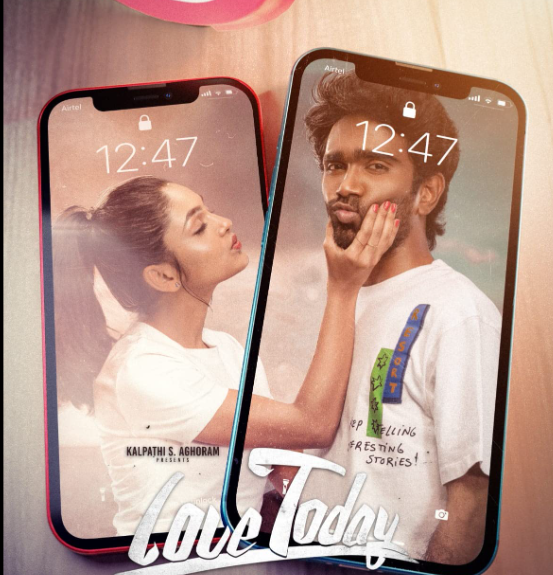My first memory of the cinema is the mezzanine. Looking down at rows of empty seats, the art deco fixtures of a time long gone, and all of it lit up by the blueish light from the screen. I was with my Grandma watching a re-release of The Little Mermaid, my hands gripped the brass bar in front of our seats, my knuckles turning white. I was around five years old.
The local Odeon, now transformed into a cultural hub in my hometown, was a place I longed to be. I craved its dusty theatre and shabby, rundown lobby. As a teenager, when loitering around the city centre, specifically outside McDonald’s, as was the social convention, waiting for someone to invite you to a party that night, I used to try and convince my friends that our money was best spent at the cinema. We could catch an afternoon screening and still be out in time to find out which of our friends older siblings might buy us booze for that night but, they didn’t take to it.
I would have similar debates with my Dad, a man who thought of the cinema as an extravagance. To him, it was a place you go when it’s cold or raining, or as a special treat. He saw no sense in spending bright summer days cooped up inside a multiplex when the country parks and the great rivers of our nation were all free and readily available. We argued about it all the time. I begged to spend two hours in the dark instead of doing anything remotely ‘outdoorsy’, and he would not entertain it. I always lost this battle, if you could even call it that. I once wrote him a letter explaining, in ten bullet points, why we had to go to the cinema to see The Incredibles that weekend so I could complete a primary school homework assignment on reviewing. He wavered, unsure if it really was as necessary as my scribbled plea made out. That Saturday however, turned out to be one of those cold, rainy, days and so, mostly because of nature, he gave in.
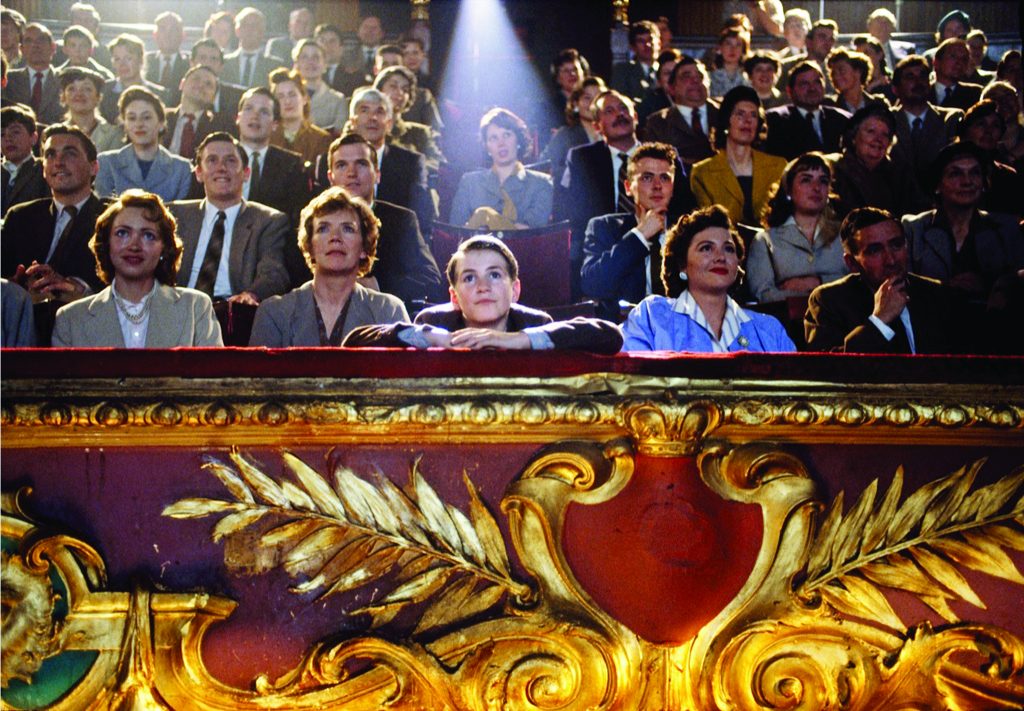
When semi-independence reared its head around sixteen, and I got my first job at a retail chain, I spent every weekend (and most of every payslip) at the cinema. Myself and three friends formed a small troop of cinemagoers who would forgo some of the adolescent evening festivities in favour of film. Our taste was, well, to be polite, mixed. We saw The Kingdom of the Crystal Skull on opening night, Revolutionary Road one blurry Sunday afternoon, The Strangers on a dark night that would make us terrified waiting for a ride home, Inception in a packed theatre, and Australia on an icy New Year’s Day. We saw whatever was new that week, with no real idea about reviews or aggregate websites. It was just the three of us, joined by the mutual love of cinematic escape.
When I lived in London in my early twenties, that escape became crucial, a tool to wield against the loneliness that comes with large cities. As long languid winter nights passed by, as taxi cabs waited, and bike messengers whizzed past, gliding through puddles made of endless rain, I would want to be anywhere other than in the city. The two hours I was able to spend in a different life kept me sane, kept me from giving in to the crushing isolation that felt so heavy. I would leave reality and enter into strange the German humour of Toni Erdmann, the escapist pleasure of La La Land, the close tension of Personal Shopper, the dark, sexy magic of God’s Own Country, and the beautiful calm power of Moonlight.
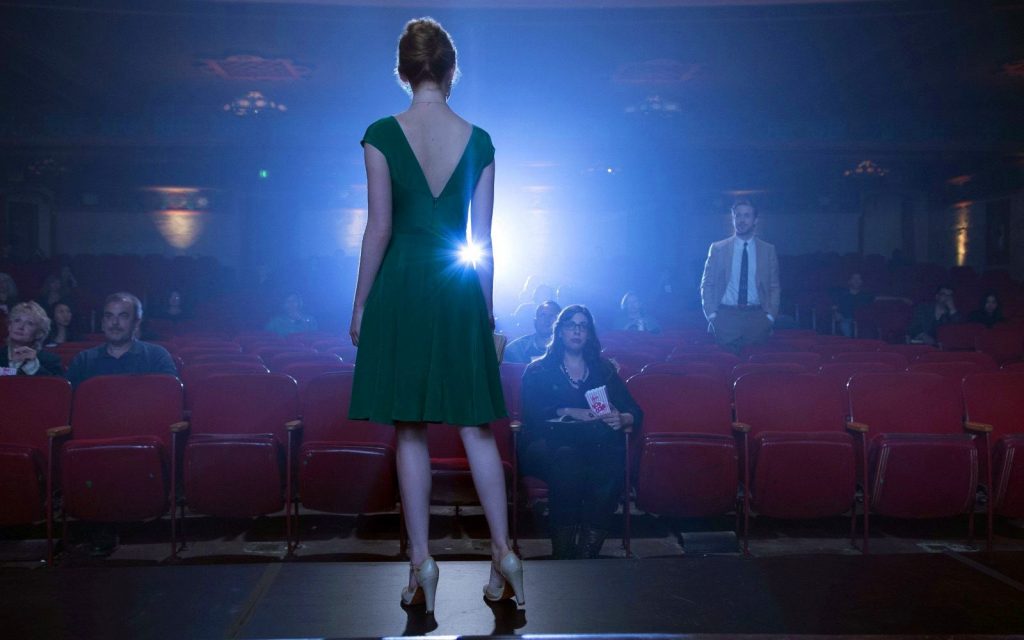
Yes, my love affair with the cinema has been a long one, and it is, and likely always will be, my favourite place to be. So, during this period of lockdown, it’s been hard to focus, to find any kind of experience to replicate this absent one. So far, the only thing I’ve taken solace in is that the last film I saw in the cinema pre-lockdown was Portrait of a Lady on Fire and, with its French restraint and love blooming in relative isolation, it feels like a fitting final film.
Of course, it’s not possible to recreate that cinematic experience at home. It’s too light out, the cat walks in and out of the room having a sneezing fit, and my housemates check their phones, send texts, or scroll on twitter while we watch. I am not innocent of this either, distraction happens so easily when not communally frowned upon. Last week, we made some microwavable popcorn and gobbled some store-bought sweets while watching a new release, available via streaming, but it couldn’t quite live up to the classic cinema experience. Still, it added a little zest to watching a new film at home and new releases are still coming, though at a slower pace.
Maybe this pandemic will alter how we think about film distribution, now that it’s somewhat levelling in terms of access. I find it hard-pressed to imagine any of the chain cinemas near me, who favour larger blockbuster fair near exclusively, would screen Eliza Hittman’s starkly subtle polemic Never Rarely Sometimes Always, yet it’ll be available to rent from May 13th. The same goes for BFI Flare’s ‘online festival’, making up for the cancelled event, including Sam Feder’s essential documentary Disclosure or Liza Xi Xiang’s regulated and mesmerising A Dog Barking at the Moon. These were all films that would likely have required considerable travel and money, on my part, to see. That’s if they screened near me at all.
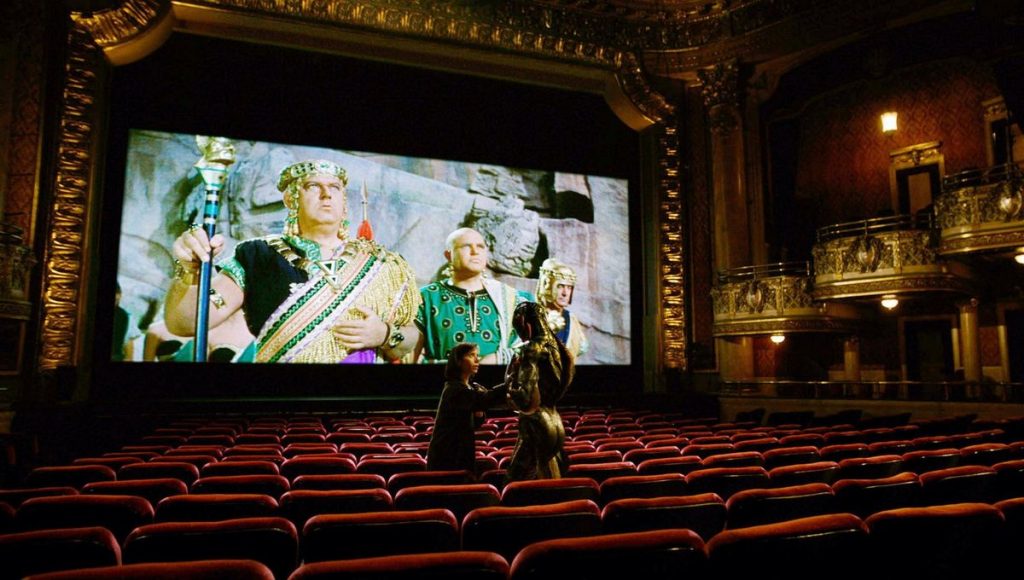
There are cinephiles, the urban city types, who love to talk about male auteur filmmaking, who consider the likes of Netflix to be the ‘death of the cinema’. Even prominent name directors like Steven Spielberg find the streaming sites to be a real thorn in their arty sides. Except they don’t look at the reality; most people don’t have access to arthouse films on their doorstep. Leveller’s like Mubi, Curzon Home Cinema, BFI Player, and others have made it a great deal easier for most people but is ease even the issue? What it comes down to for most people is money. So many people are priced out of the cinema-going experience, with tickets well over £12 these days and travel to be considered too. If you can rent a film at home, for £15.99 and three or four of you can sit down together, snug on the sofa, at watch together for around £3.99 each, who’s to say that isn’t the best option?
Sure, I love the cinema. I love it more than eating a good meal, more than getting the weekend papers and reading them in bed. I love it more than fish and chips on the beach in some seaside town as the sun sets, more than napping, more than finding a tenner you didn’t know you had in your jeans pocket. Hell, I love it more than sex. I would even go as far as to say I love it more than good sex, than mid-blowing sex. It’s a vital part of my identity, of my routine, and, like so many other things right now, it’s not available to me.
It’s a great privilege to be able to go to the cinema regularly, as is the ability to miss it. People who are worried about job losses, financial hardship, or the vulnerable groups who are most susceptible to this virus have more substantial things to worry about during this pandemic. That this is one of my more significant issues with lockdown is a symbol that, really, I’m not all that affected.
When lockdown is lifted, and businesses reopen will I be heading to my local cinema with bells on? Yes, I will but maybe the way I approach it has changed. Last week, my housemates and I split the cost to rent the new Juliette Binoche thriller, Who You Think I Am and the South African military drama Moffie (both on Curzon Home Cinema). We’ve never done that before but liked both films and paid around £3 each to watch them. So, I couldn’t help but wonder*, maybe it really is time for us to reassess our viewing habits?
*Sorry, it’s the first column, and I couldn’t resist.
Also Read: The Problem with the role of ‘The Wife’ in movies like ‘Dark Waters’


